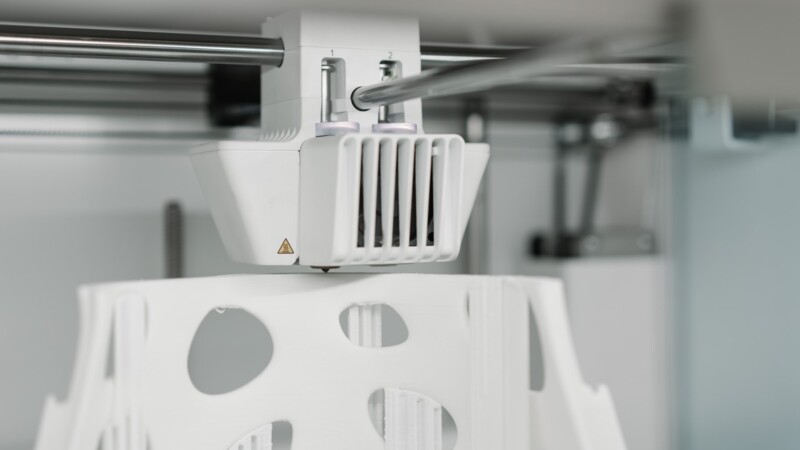Artificial intelligence (AI) has gone from an abstract buzzword to a tangible technology at the latest through chatbots like ChatGPT. Such developments show how AI applications are penetrating our everyday lives faster and profoundly. Many firms and initiatives in Hamburg are now taking a closer look at AI. The Artificial Intelligence Center Hamburg e. V. (ARIC) association is striving to make AI accessible through workshops, webinars and events. Concrete applications are presented and companies networked who can then exchange information in the AI.Startup.Hub. Ideas are developed and scaled there with scientists.
Remarks like "It's the latest trend" usually refer to a short-lived fad. More fundamental social and technological trends, last for about ten years and are characterised by enormous upheaval. Enter mega trends. Individual mega trends rarely stand alone, but are interwoven and complementary. The same applies to technology, which is in constant flux. The Hamburg-based innovation agency, Trendone, has identified seven tech mega trends. The following overviews companies and initiatives now shaping technological progress.
1. Artificial intelligence
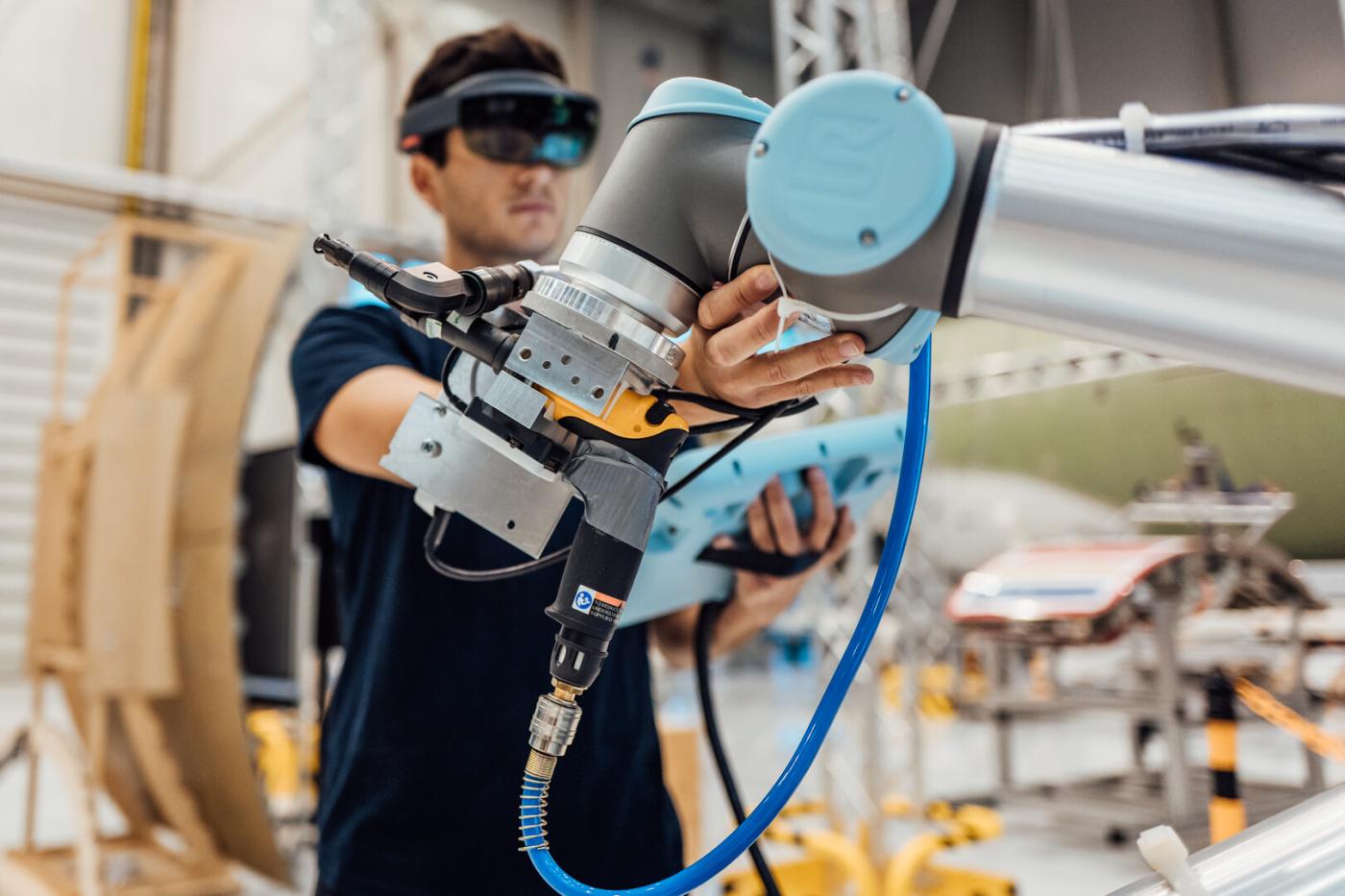
2. Data Era
The age of digital data has dawned. New data is generated and collected or used by various devices every day leading to ever-growing amounts of data. Thus, linking and using data intelligently is a huge challenge. The blockchain is one possible starting point in data management. The annual Blockchance conference focuses on distributed ledger technology and has been held every year in Hamburg since 2018. Quantum technology simplifies the handling of large amounts of data and increases the computing capacities of computers. Now, Hamburg is aiming to become a hotspot of quantum computing, which is underlined by its funding of various research projects in recent months.
3. Engineered Evolution
Mankind has always interfered with natural evolutionary processes. Technological and medical progress are likely to expand man's natural abilities in future, for instance, in bioengineering. Now, young researchers can take a course in Biomedical Engineering at the Hamburg University of Applied Sciences. The aim is to teach students how to bring unfinished technologies to market maturity. Research into bioengineering and medical technology is also underway at the University Hospital Hamburg-Eppendorf with emphasis on the biological composition of bones.
4. Exponential Industries
Industrial and manufacturing processes are in a state of flux. Innovative technologies like 3D printing are no longer digital gimmicks and are becoming part of industrial production. More research is being done into the materials. Software by 3D Spark in Hamburg determines what can be printed with which materials. The founders have developed intelligent software that calculates factors such as material requirements and costs. Then, intelligent decisions can be made about industrial applications. Another Hamburg start-up, Cybus, is also aiming to digitise industry. Through the "Internet of Things", different devices can communicate wirelessly with each other and production becomes intelligent. Enter the smart factory.
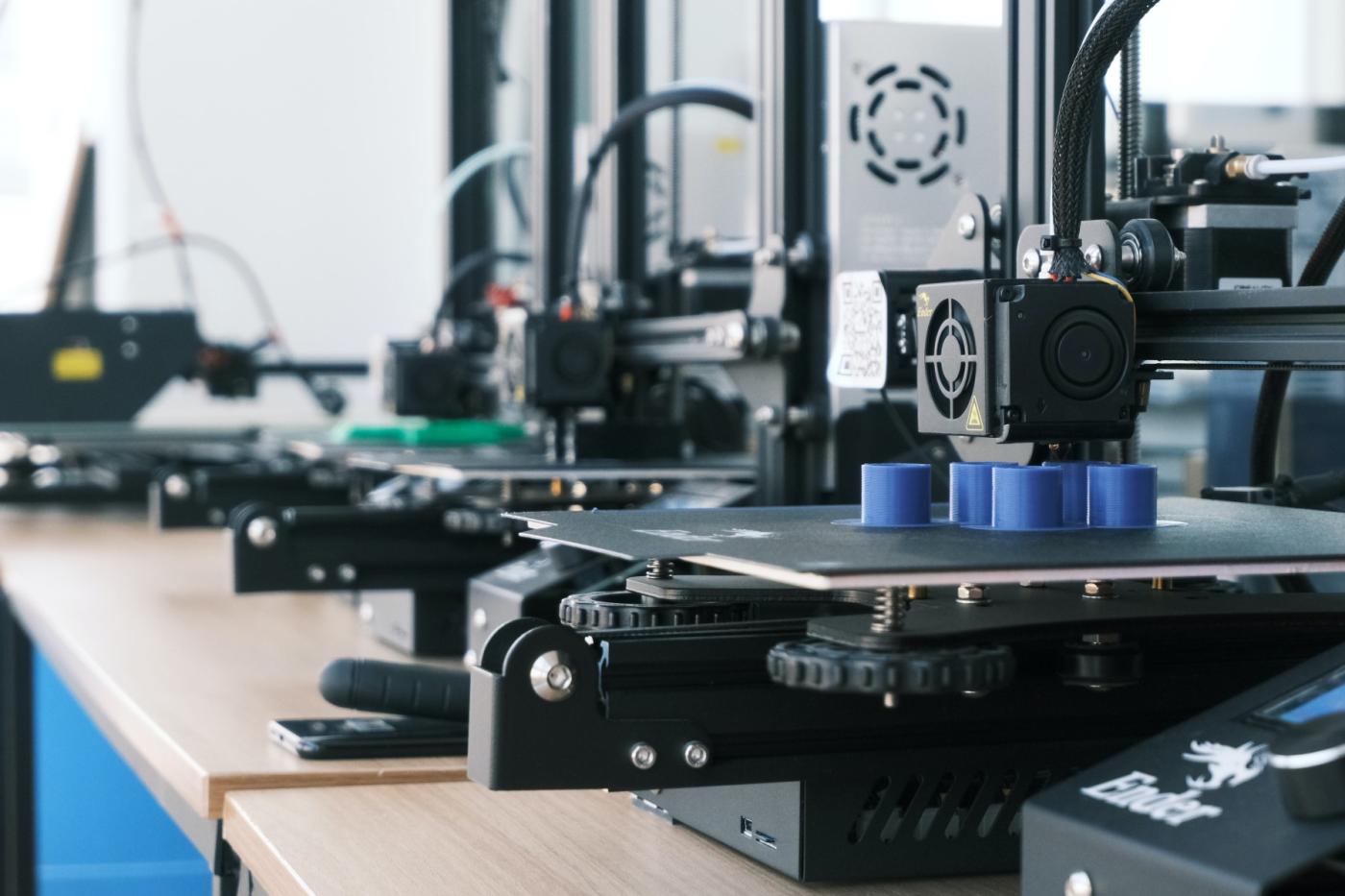
5. Intelligent Infrastructure
Urban infrastructure must be intelligently networked to meet the energy supply or transport needs in future. Connected mobility and autonomous driving play an important role in the mobility transition. Hamburg is taking a decisive step forward and becoming a model of mobility. Many transport projects and measures are already being undertaken. Hamburger Hochbahn, for instance, is supplementing its public transport services with sharing services and driverless shuttles in the city. All these services are pooled and can be booked on the HVV Switch app, which already includes sharing services.
6. Smart Surroundings
Everyday surroundings are increasingly networked in the era of data and the Internet of Things. Cutting-edge technology is driving the creation of smart surroundings in the home and in public spaces. Shoppers can get a glimpse of this development in the organic "Hoody" supermarket in Eppendorf and entirely without checkouts. Shoppers simply scan the app at the entrance leaving cameras and artificial intelligence to do the rest making for a contactless shopping experience. Various measures are also being undertaken to transform Hamburg into a networked smart city, as it is particularly well positioned in terms of society and mobility, the Smart City Index 2022 revealed.
7. Virtualisation
And last but not least, more and more processes are going virtual amid digitalisation. Remote working has spread in the wake of the pandemic and augmented and virtual reality solutions are finding their way into many industries. The Hamburg-based start-up, Sympatient, for instance, treats phobias with VR headsets. A patient can deal with anxiety in a virtual environment and do various exercises using the headset. Virtual images can also also improve industrial processes in large companies. A digital twin of the Port of Hamburg is improving planning there and another digital twin is being used for urban planning as Hamburg morphs into a smart city.
nj/sb/pb
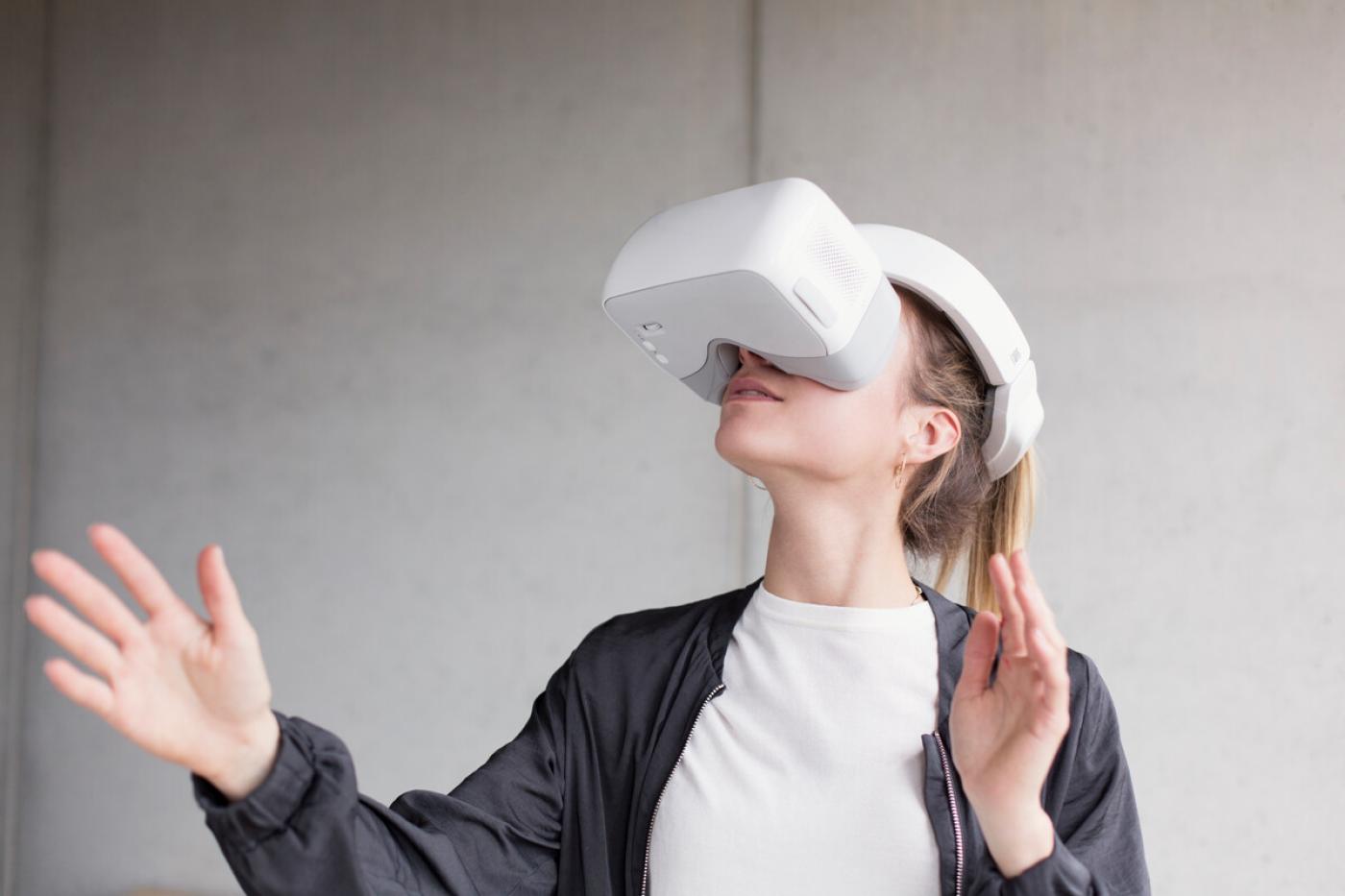
Sources and further information
More
Similar articles
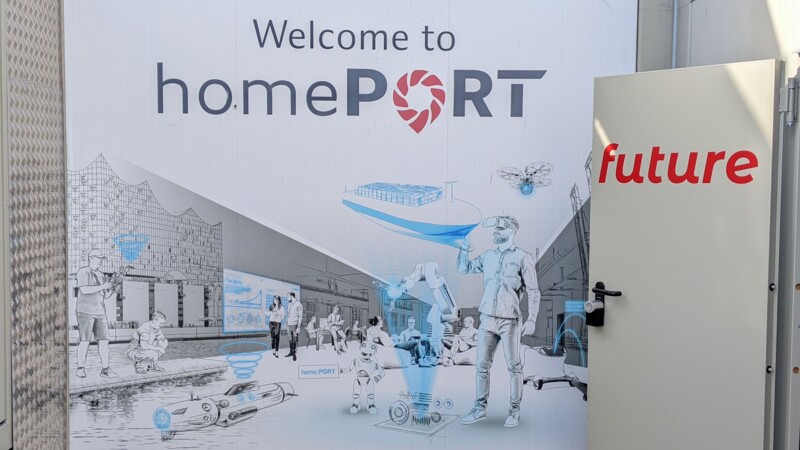
Homeport now testing ground for forward-looking maritime technology
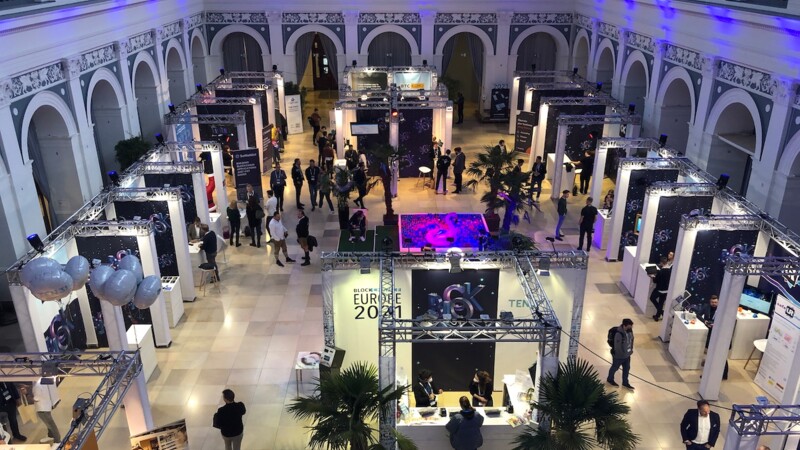
Beyond the hype: five lessons about blockchain technology
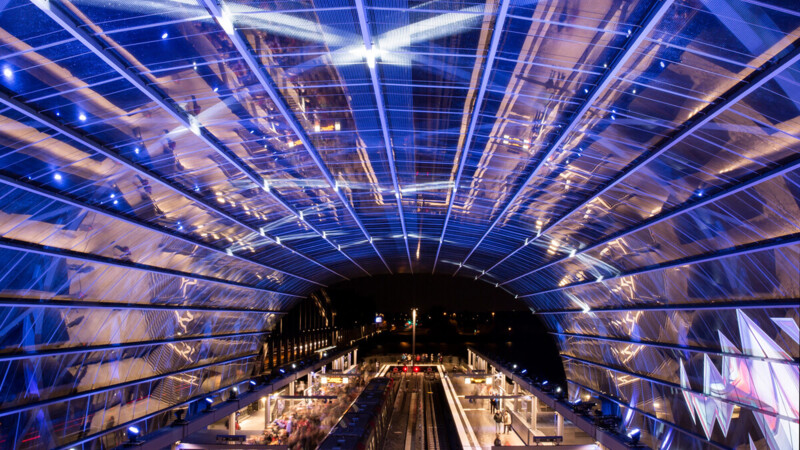
Hamburg tops Germany's Smart City Index 2022 for fourth time
